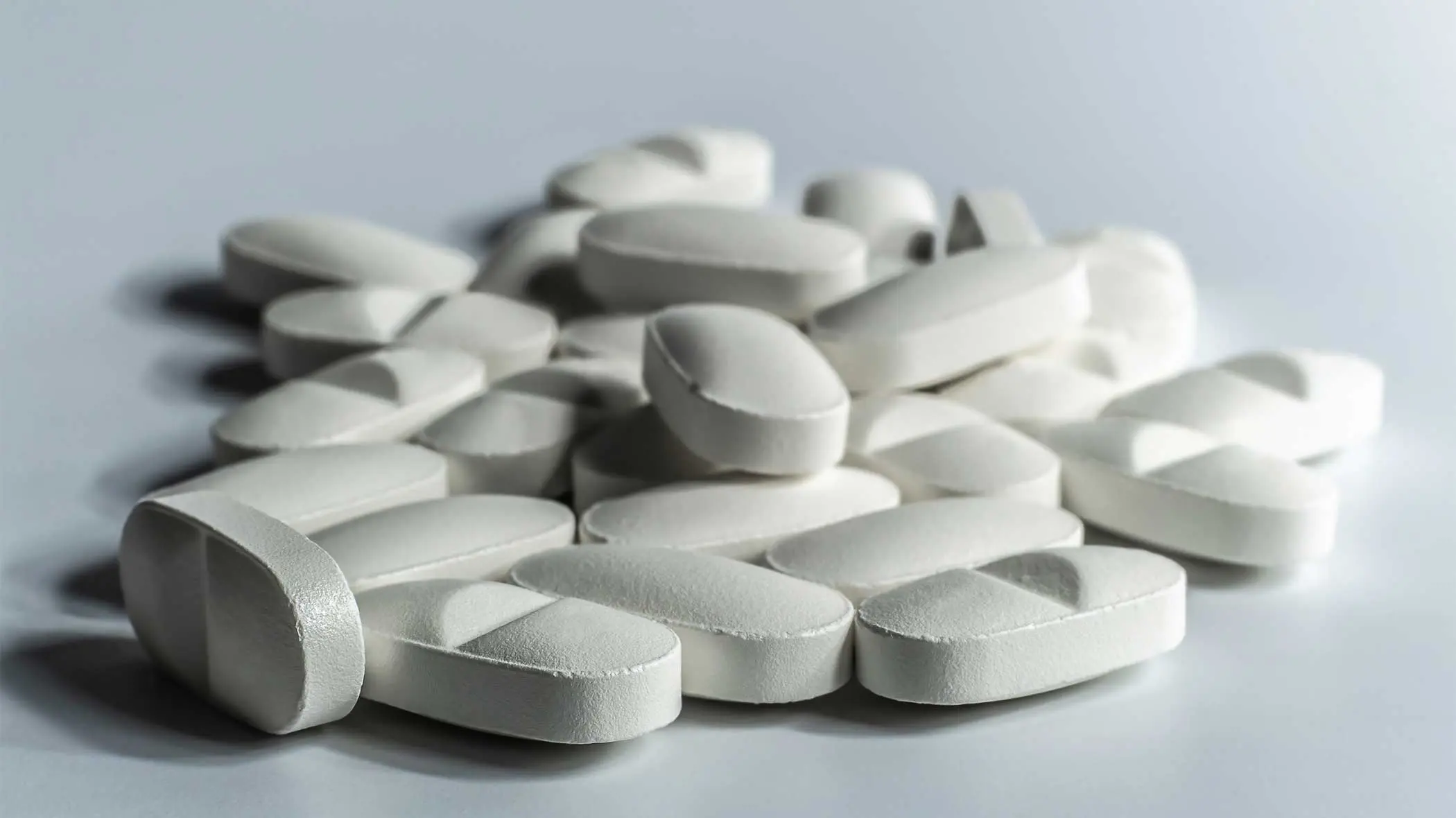
Opioids, sometimes called narcotics, are medications that attach to opioid receptors on nerve cells in the brain, spinal cord, and other parts of the body.
These medications block pain signals throughout the central nervous system and are used to relieve pain.
People who suffer from chronic headaches and backaches, patients recovering from surgery, or those with pain associated with cancer may be prescribed these medications to help manage pain.
While these medications can effectively treat pain, opioids can lead to chemical dependency and addiction when misused.
How Opioids Lead To Drug Abuse And Addiction
All individuals who take opioids are at risk of developing dependency and addiction. While certain factors such as family history of addiction and the duration of opioid use are factors of addiction, opioids can become addictive to anyone.
Opioids influence the pleasure and reward centers of the brain and cause release of neurotransmitters that cause euphoria and relaxation.
These chemical changes in the brain may quickly lead to dependency, causing an individual to crave them when their dose wears off.
Further, individuals who become addicted to prescription opioids often require higher doses of the medication to achieve the same effects or prevent withdrawal symptoms.
Due to the expense of prescription opioids, a person with an addiction may consider cheaper alternatives, such as heroin or other drugs as alternatives. Heroin is significantly less expensive and more potent.
Substance Abuse Treatment For Opioid Addiction
While prescription opioid medications are generally safe when used for a short duration and under the guidance of a doctor, they can lead to addiction, overdose, and death when misused.
People who misuse opioid drugs to get high or for their euphoric effects are at risk of developing chemical dependency and addiction.
These medications can lead to several physical and mental health problems that require substance abuse treatment.
If you or someone you love is addicted to prescription opioids, our addiction specialists may be able to help. Please call our helpline today to learn more about opioid misuse, or to find addiction treatment options near you.
Addiction Resource aims to provide only the most current, accurate information in regards to addiction and addiction treatment, which means we only reference the most credible sources available.
These include peer-reviewed journals, government entities and academic institutions, and leaders in addiction healthcare and advocacy. Learn more about how we safeguard our content by viewing our editorial policy.
- American Society of Anesthesiologists — What Are Opioids?
https://www.asahq.org/madeforthismoment/pain-management/opioid-treatment/what-are-opioids/ - Mayo Clinic — How Opioid Addiction Occurs
https://www.mayoclinic.org/diseases-conditions/prescription-drug-abuse/in-depth/how-opioid-addiction-occurs/art-20360372 - National Institute on Drug Abuse (NIDA) — What Are Prescription Opioids?
https://www.drugabuse.gov/publications/drugfacts/prescription-opioids - National Institutes of Health — How Opioid Drugs Activate Receptors
https://www.nih.gov/news-events/nih-research-matters/how-opioid-drugs-activate-receptors


